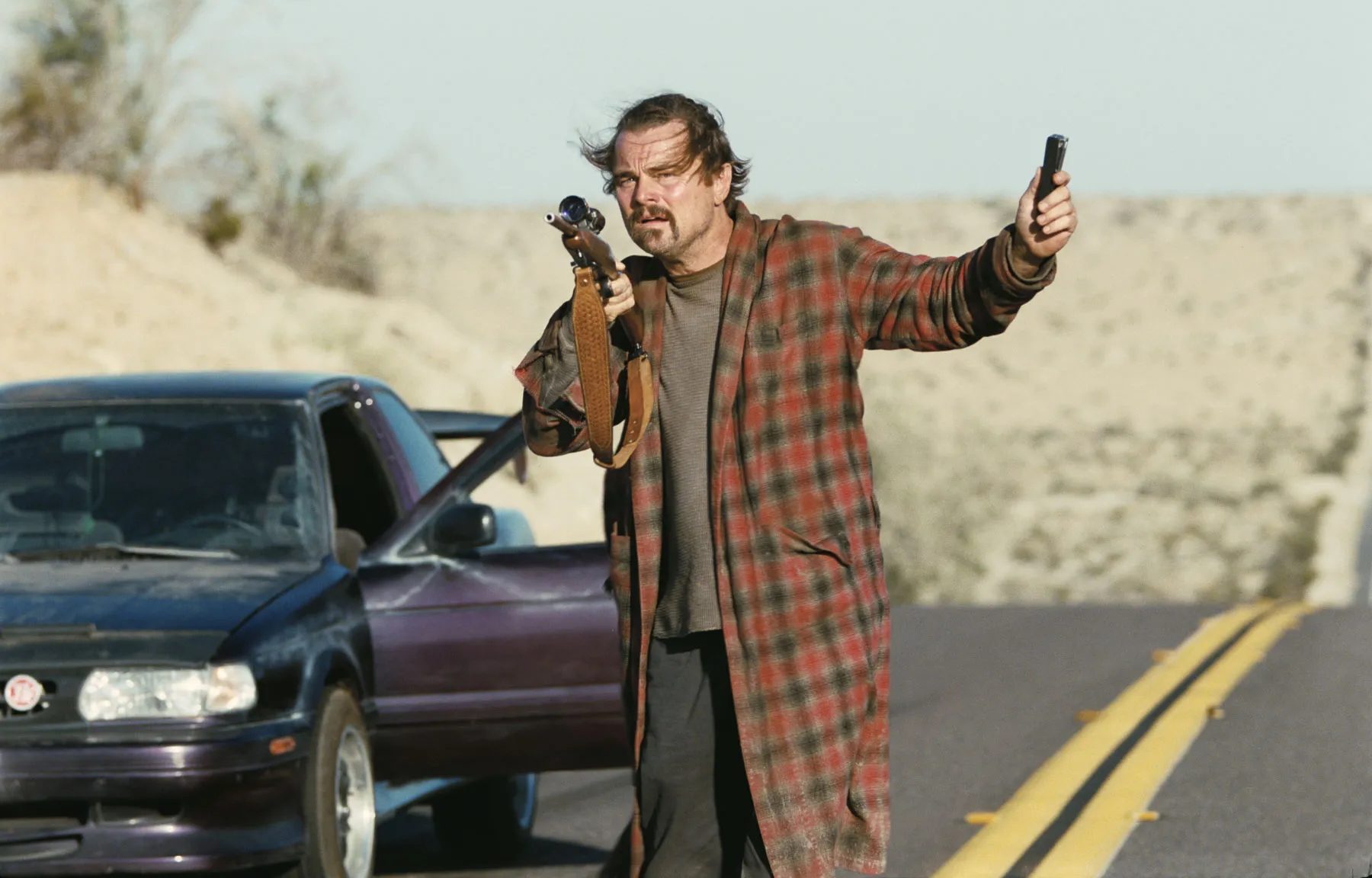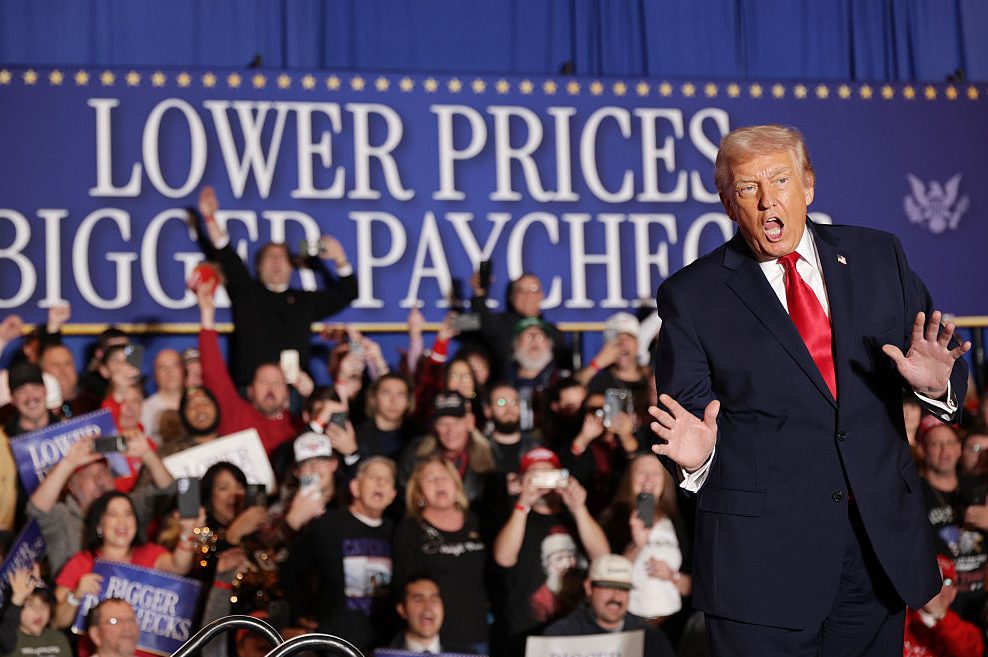The first road trips I remember were between Seattle and Spokane in a yellow Chevy station wagon (maybe it was a Caprice?). This was when the speed limit was fifty-five and the trip would take six hours. I liked to ride in the “way back,” as we called it, stretched out on my back (before seatbelts were mandatory), looking up at the sky through the back window.
When we traveled to Spokane — well, past Spokane — we were usually headed to my grandparents’ lake cabin across the border in Idaho for a week of skiing, boating, swimming and exploring. We would tire of being in the car by the end of the trip, but there was always an air of excitement starting out, imagining all the things lying ahead.
In the Guardian, Andrew Anthony reviews a new history of the automobile, which touches, in passing, on the appeal of the road trip:
Part of the automobile’s attraction was the autonomy it offered to individuals, the sense of freedom of movement, of personal liberty, a freedom whose cost we are only now really counting . . . Another way that cars have affected our sense of space is in the emotional draw of imagined destinations — the existential lure of the road trip.
Everything does seem possible in travel — and not just on road trips. In Walker Percy’s The Moviegoer, Binx Bolling sees the Western hero, wandering the open land, as the “locus of pure possibility.” In The Last Gentleman, Will Barrett, a man of the South who lives in New York City, maintains a “state of pure possibility” in refusing to settle in one place. The problem is that this state becomes a kind of prison: “Lucky is the man who does not secretly believe that every possibility is open to him.”
In other news
Speaking of travel, Michael Hofmann revisits Tété-Michel Kpomassie’s An African in Greenland: “‘Do people ever know their true reason for embarking on a long journey?’ Tété-Michel Kpomassie asks, just as he is setting out for home (où ça?) at the end of a year and a half in the Greenland of his dreams. He was sixteen when he first left Togo for Europe; twenty-four when he reached Greenland, by way of Ghana, Senegal, France, Germany and the colonial power, Denmark; thirty-eight when he wrote those words; forty when they were published by Flammarion. Now he is eighty, and apparently considering a return to Greenland, to write — if such delirious symmetry and stern purpose can be believed — the story of his boyhood in Togo.”
The real Raphael: “There were accounts of young artists arriving in Rome being unable to find work because of Raphael’s dominance; it was even reported that his critics were beaten up and murdered. Vasari insists that he was adored by his assistants — and three of them did call their sons Raphael — but the escort of fifty artists said to have ‘kept him company to honor him’ on his way to work may have been less a guard of honor than a security detail. Rumors circulated after his death that he had been poisoned; moves are even now afoot to re-exhume his bones to test them for traces of arsenic.”
William Faulkner’s tragic vision: “In Yoknapatawpha County, the past never speaks with a single voice.”
“A nineteen-year-old economics student from the University of Cambridge has become the youngest person to ever win the National Poetry Competition.” Read the poem here.
Adrian Goldsworthy reviews Barry Strauss’s The War That Made the Roman Empire: “We cannot say what would have happened if the war had gone the other way, whether at Actium itself or in battles that never happened. Strauss shows convincingly that Antony’s campaign had been lost before the battle, in six months of operations along the coast, beginning when Augustan squadrons surprised and captured Methone, Antony’s main supply base. This was the first in a succession of blows that systematically undermined the capacity of the Antonian fleet and army to wage war.”
Andy Warhol goes to the Supreme Court: “In 1984, Vanity Fair commissioned Warhol to alter a photograph Lynn Goldsmith took of Prince in 1981 for Newsweek. Warhol cropped the original photo, overlaid it with purple and orange, outlined parts of Prince’s face, and added shading to accompany an article by Tristan Fox titled ‘Purple Fame.’ Goldsmith apparently only learned in 2016 that Warhol had altered her photograph when Vanity Fair republished Warhol’s work in a story on Prince’s death along with the other fifteen pieces Warhol created from the photo for his private collection called ‘Prince Series.’ She was planning to sue the Warhol Foundation for copyright infringement when the Foundation asked a federal court in Manhattan to rule that the Warhol paintings were protected by fair use. Goldsmith countersued in 2017.”
Algis Valiunas reviews Stalin’s Library: A Dictator and His Books: “Maxim Gorky’s novel Mother, written in 1906, when the Russian revolutionary infection was bringing on a high fever, states explicitly as its theme and also demonstrates as an object lesson the importance of books in making socialist revolution. Mikhail Rybin, an old factory hand and a perfervid latecomer to political enlightenment, can barely contain himself as he asks a comrade for forbidden books to distribute among the workers. ‘Give me your help! Let me have books — such books that when a man has read them he will not be able to rest. Put a prickly hedgehog to his brains. Tell those city folks who write for you to write for the villagers also. Let them write such hot truth that it will scald the village, that the people will even rush to their death.’ As one learns from Geoffrey Roberts’s new book, Stalin’s Library, among Gorky’s inflamed readers was Joseph Stalin, aroused by Gorky’s arousal, and marking up his copy of the novel with exuberant marginalia alongside this passage of political uplift.”

























